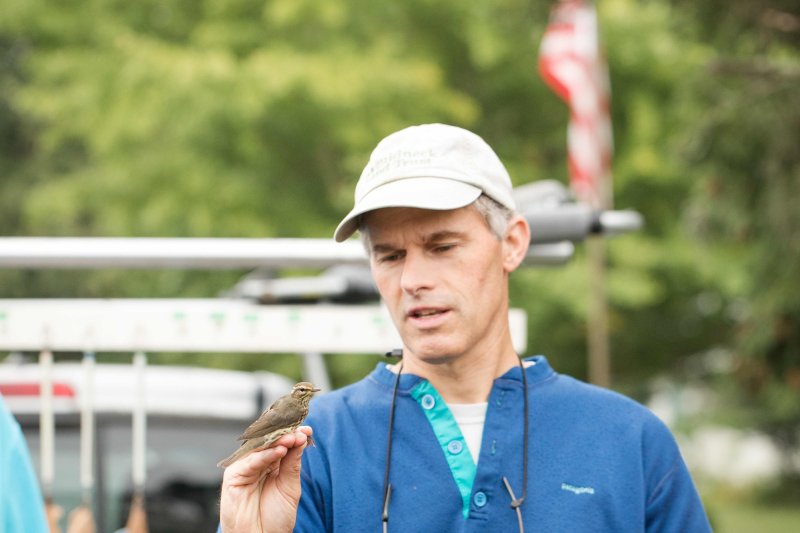Medical Laboratory Sciences Major
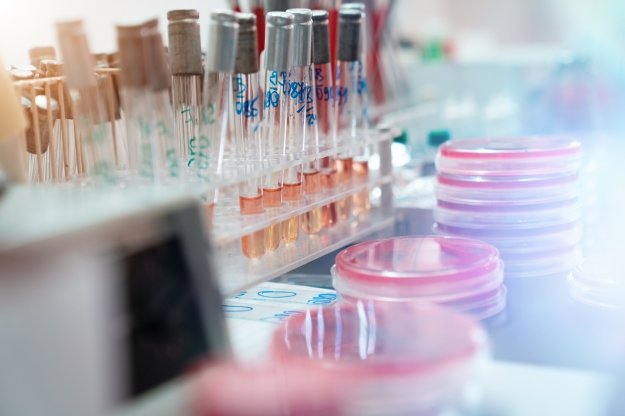
Behind every diagnosis, breakthrough and life-saving treatment is the work of highly skilled medical laboratory scientists. Salve Regina University's medical laboratory sciences program equips you with the technical expertise and hands-on experience needed to analyze samples, perform diagnostic tests and contribute to health care in hospitals, clinics, research, laboratories and more.
This is a great program if you love helping people and want to be involved in the medical field. I would recommend this program to aspiring students who want to learn about human biology while helping others in a clinical setting.
Elizabeth Tullo '15, medical laboratory scientist, Our Lady of Fatima Hospital
With both a 3+1 bachelor's degree and a 4+1 dual-degree option for students completing a B.S. in biology, our program offers flexible pathways to a rewarding career in this high-demand field. Designed to address the nationwide shortage of medical laboratory professionals, our curriculum combines rigorous coursework, state-of-the-art lab training and 12-month clinical placements to ensure you graduate ready to make an impact.
Upon acceptance to the program, we provide clinical placements through partnerships with Our Lady of Fatima Hospital and Rhode Island Hospital. Both sites are accredited by the National Accrediting Agency for Clinical Laboratory Sciences, ensuring high-quality education and hands-on training. Graduates who successfully complete the program are eligible to take the American Society for Clinical Pathology's national certification exam, a key credential for launching a successful career as a medical laboratory scientist.
What Sets Salve Apart
Salve is ranked in the top 6% of universities nationwide for long-term return on investment, according to Georgetown University's Center on Education and the Workforce.
The Salve Compass program runs through all four years, connecting college to career. With a focus on hands-on, real-world experiences, it ensures every student has the skills and knowledge to succeed in the job market.
New Perspectives
"Completing my biology degree on campus with views you can't beat and then doing my medical laboratory science degree at Rhode Island Hospital opened my perspectives on the difference in learning environments while also assisting me in making connections to working laboratory scientists," said Kassandra Stone '24. "This overall assisted in job opportunities and gave firsthand experience working in different laboratories, from Rhode Island Hospital to Miriam to even spending a day at the Rhode Island Blood Center."
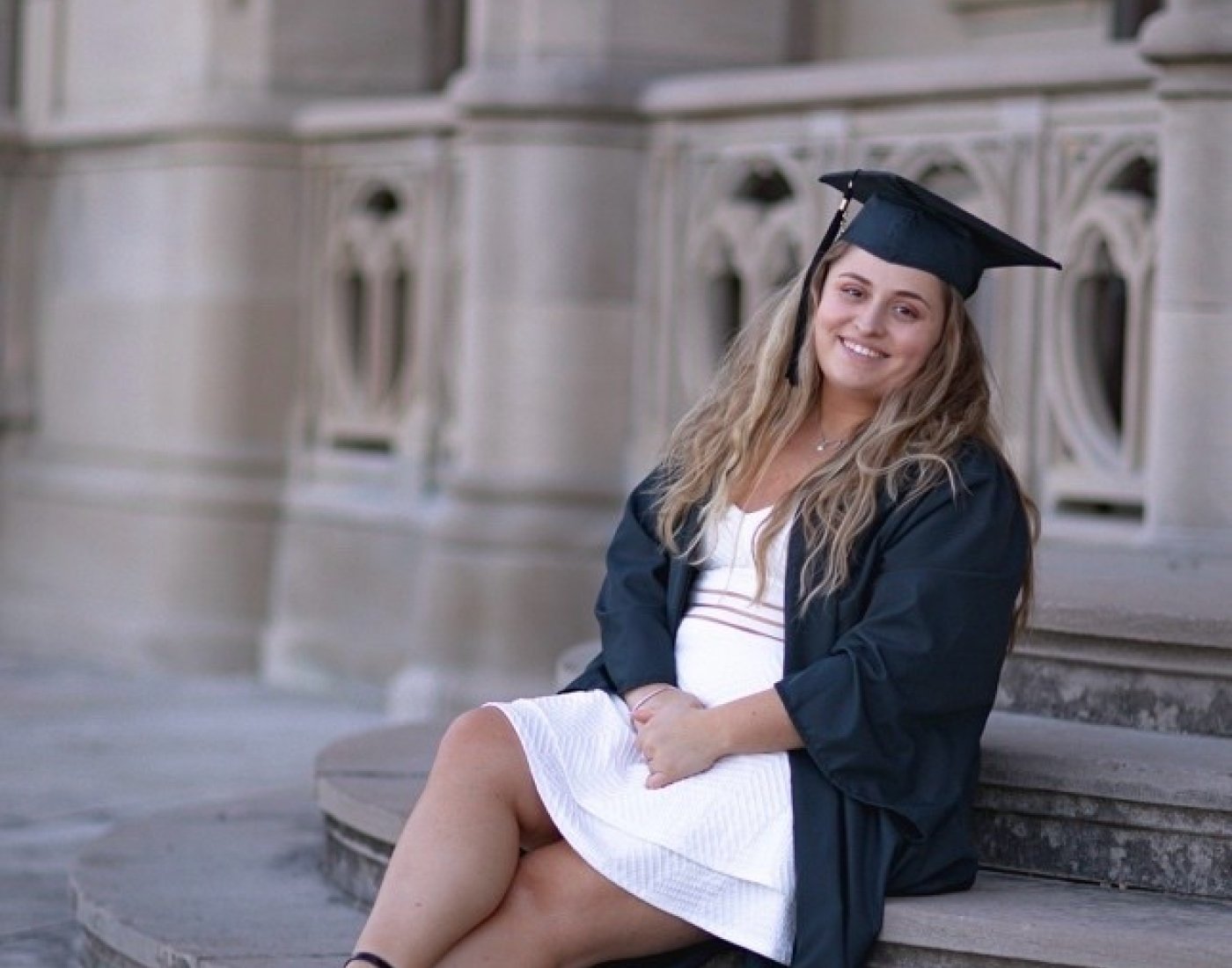
Clinical Placement
The 12-month clinical placement combines academics with hands-on experience. You'll take on-site classes and work in a variety of hospital-based labs, building the expertise needed for entry-level competency in the field. During this immersive experience, you'll rotate through key areas including microbiology, hematology, coagulation, urinalysis, chemistry, immunohematology, immunology and molecular biology. You'll also develop valuable supervisory and management skills, preparing you for future leadership roles in health care.
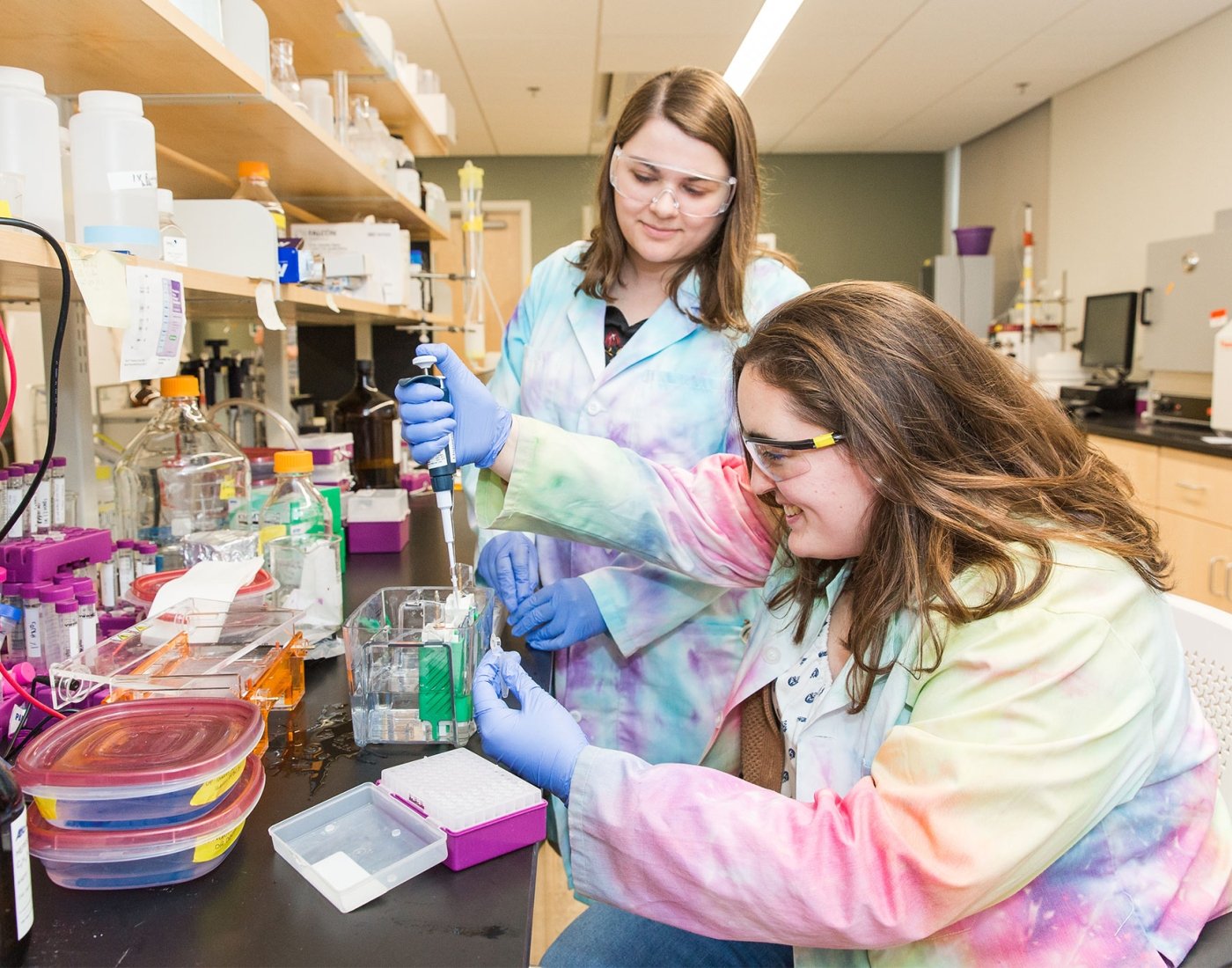
Career Paths in Medical Laboratory Sciences
Our graduates are well equipped to pursue a variety of specialized areas, from clinical chemistry and hematology to microbiology, molecular diagnostics and immunohematology. With a degree in medical laboratory sciences, the career possibilities are vast. Graduates can find opportunities in hospitals, research labs, pharmaceutical companies, veterinary clinics, fertility centers, and forensic laboratories, as well as in academic settings.
Our graduates work as medical laboratory scientists and medical technologists in health care facilities such as:
- Beth Israel Deaconess Medical Center
- Dominion Diagnostics
- Johns Hopkins All Children’s Hospital
- Massachusetts General Hospital
- Miriam Hospital
- Our Lady of Fatima Hospital
- Rhode Island Hospital
- Sonic Healthcare
Explore, Connect, Grow
Our biology students don't just learn in the classroom - they become part of a community through extracurricular opportunities. Whether engaging in projects with the Association of Student Researchers (ASR), networking in the Pre-Health Club or exploring interests in the Biology Club, you'll build lasting relationships while gaining valuable experience.
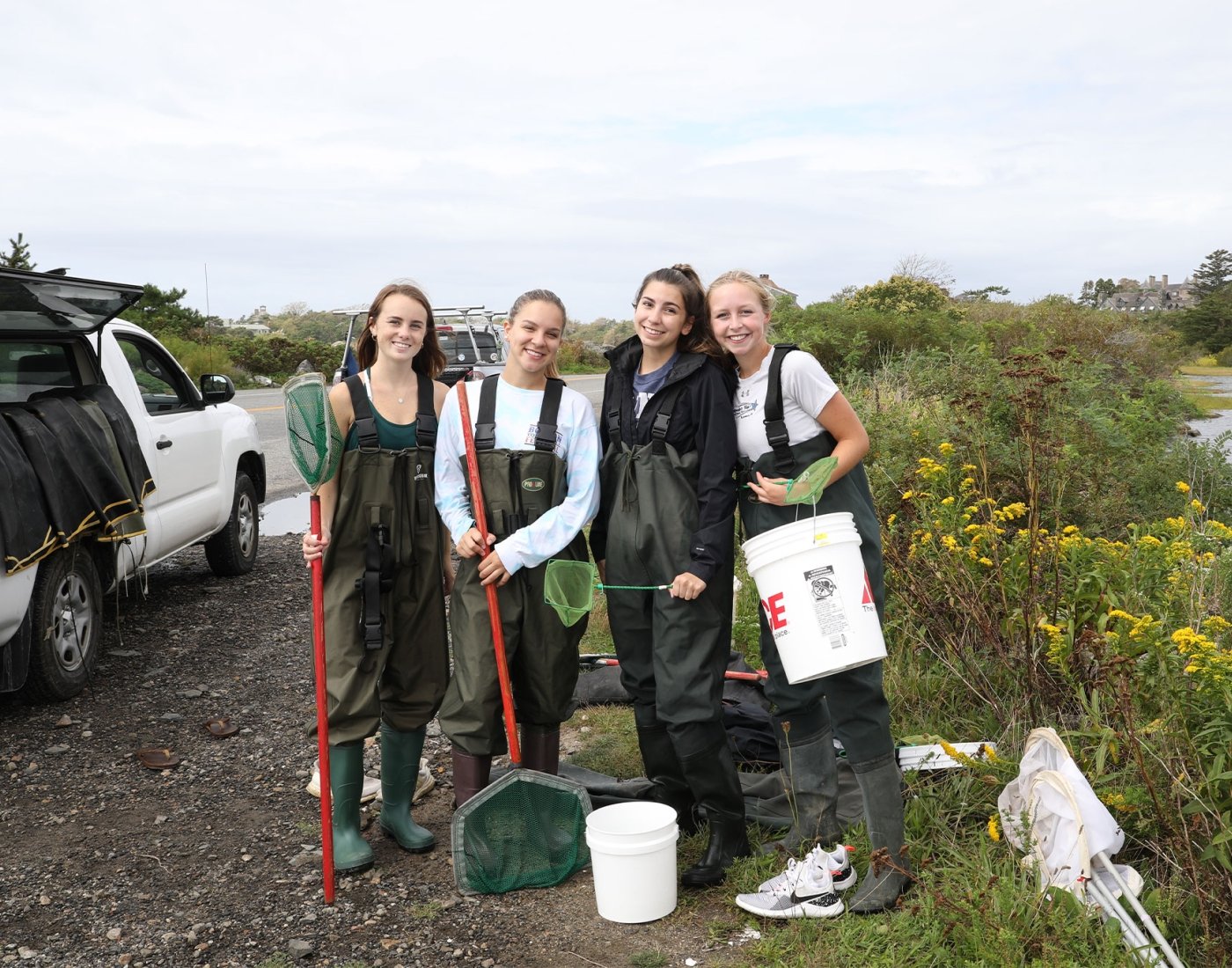
Technical Experience
"Science is very important to good health care, this program teaches you how to use very complex equipment and techniques to achieve the best patient care possible," said Holden Ferrari '22, a medical technologist at Sonic Healthcare. "This allowed me to involve myself in the health care industry through a much more technical and scientific approach."
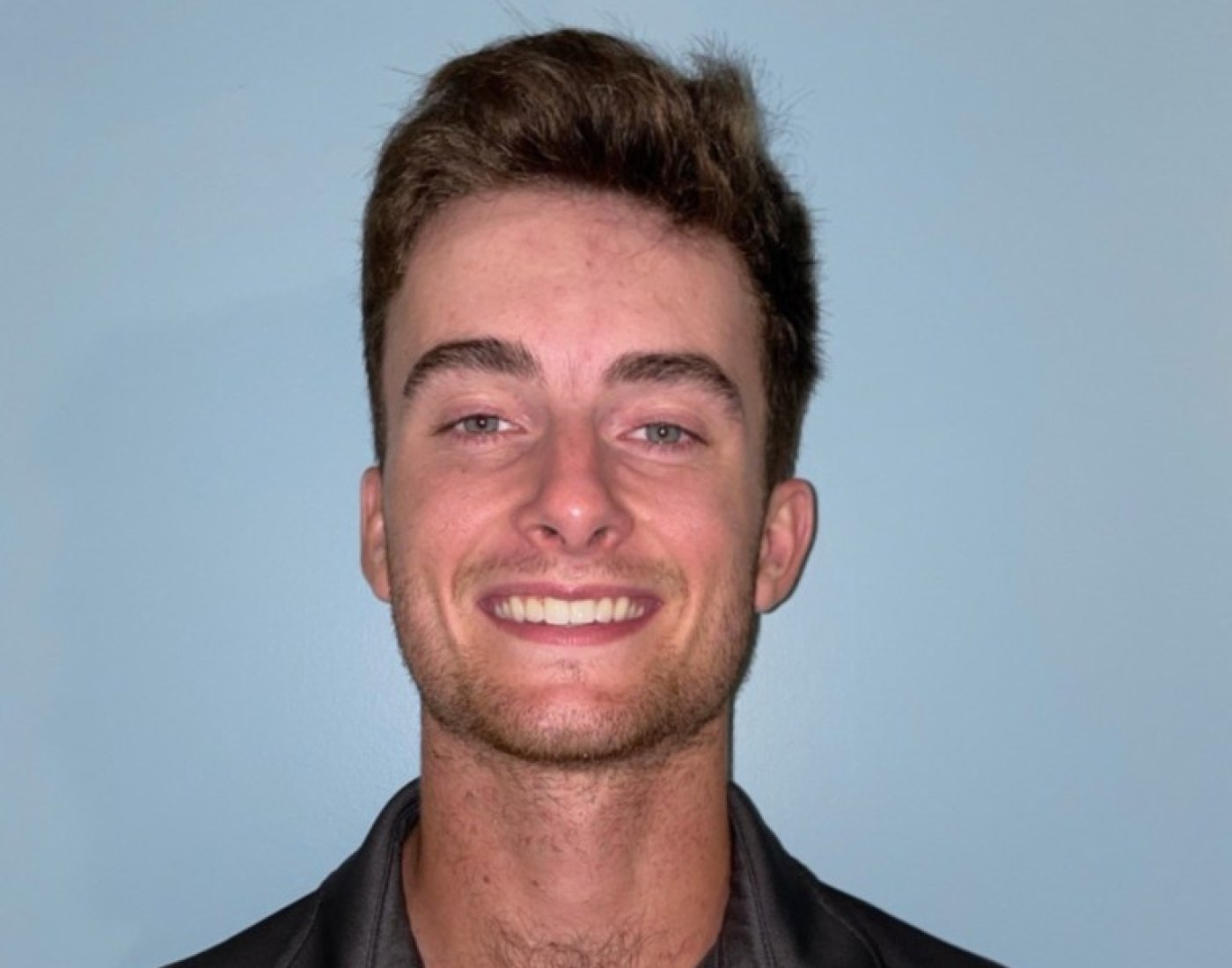
Degree Options
We recognize that every student's path is unique - that's why we offer two degree options. Both pathways provide the skills, training and clinical experience needed to enter this growing, in-demand field with confidence.
Bachelor of Science in medical laboratory sciences (3+1 option)
Our 3+1 medical laboratory sciences program offers three years of immersive coursework at Salve, followed by a 12-month clinical placement at an affiliated hospital, where you'll gain hands-on experience in diagnostic testing and laboratory procedures.
Bachelor of Science in medical laboratory sciences (4+1 dual-degree option)
If you're looking to expand your expertise, our 4+1 dual-degree option allows students completing a B.S. in biology to seamlessly transition into the medical laboratory sciences program, earning a second degree in just one additional year. Acceptance to the clinical year is determined by applying during the fall, the year before anticipated matriculation.
Meet Our Medical Laboratory Sciences Faculty
Using a hands-on approach to the exploration of scientific methods, our faculty prepare students for the challenge of exciting careers in the biological sciences. Consistent with the mission of the University, we provide students with the scientific knowledge and ethical understanding necessary for critical and creative thinking, thoughtful and careful analysis and sound judgment.
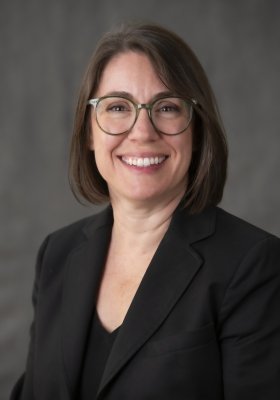
Dr. Belinda Barbagallo
- Associate professor
- Chair, Biology and Biomedical Sciences
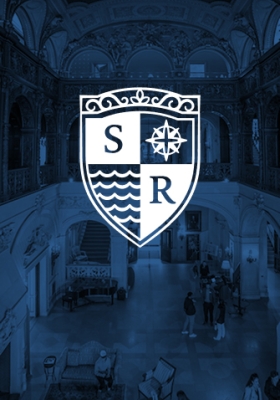
Theresa Castellone
- Adjunct professor
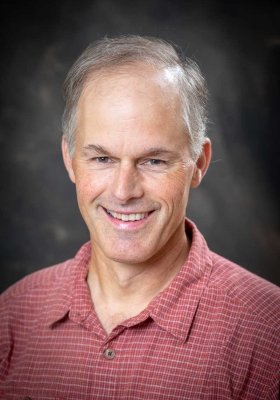
Dr. Jameson Chace
- Professor
- Chair, Cultural, Environmental and Global Studies
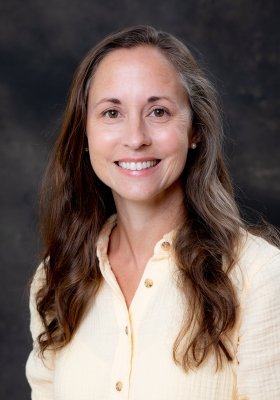
Dr. Kimberly Curesky
- Lecturer
- Health advisor
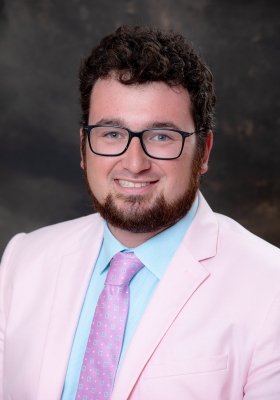
Craig Irving
- Lecturer
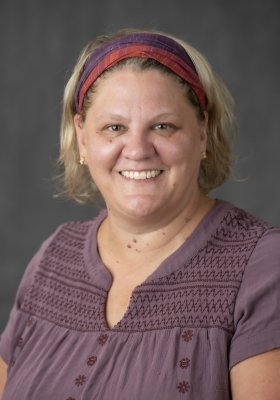
Debra Lundin
- Lecturer
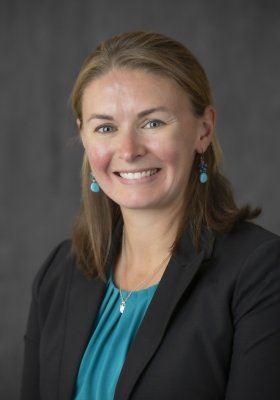
Dr. Christine Ramsay
- Assistant professor
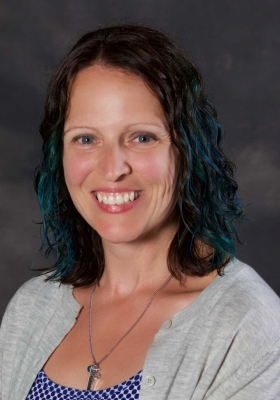
Dr. Anne Reid
- Associate professor
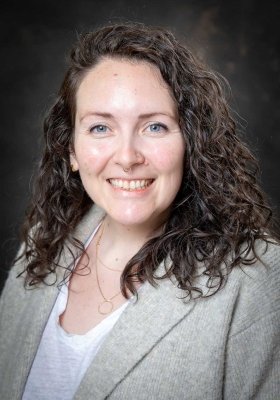
Janis Roy
- Lecturer
- Lab coordinator
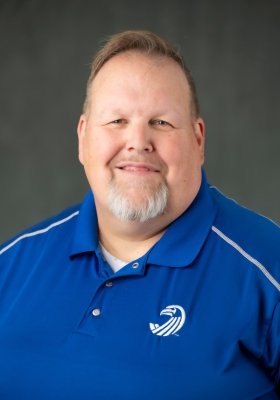
Dr. Steven Symington
- Professor
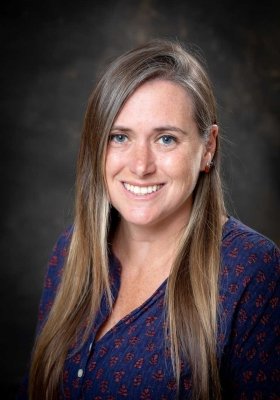
Dr. Jillian Wise
- Assistant professor

